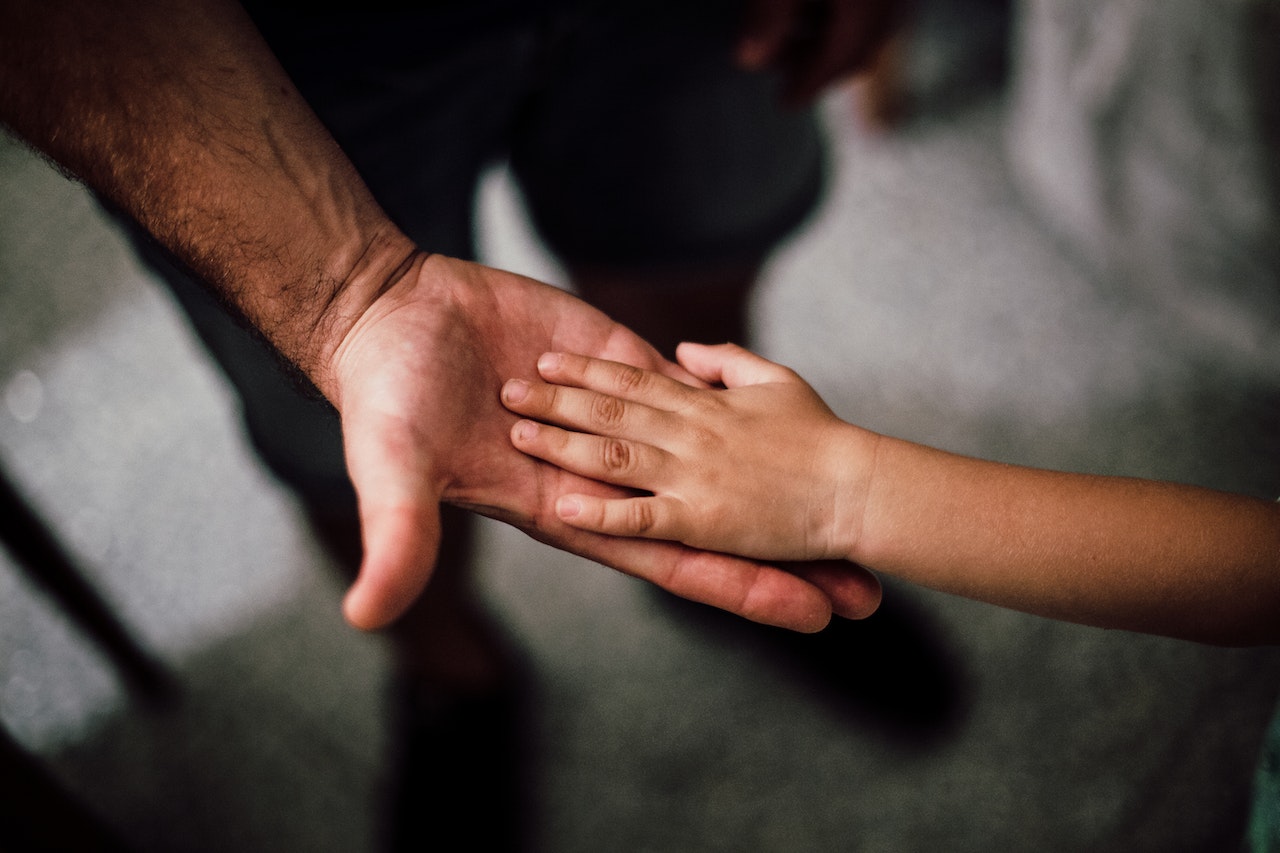This post was originally published on Good on You
Every month, the Good On You team scours the internet to bring you the sustainable fashion and beauty news that matters. Here’s what you need to know in November 2024.
After Years of Pressure Levi’s Commits to Protecting Workers in Pakistan (Clean Clothes Campaign)
Levi’s has finally signed the International Accord for Health and Safety in the Textile and Garment Industry, a legally binding agreement that ensures suppliers’ facilities are inspected for health and safety and any issues are remediated. “The death of four workers in one of its supplier factories in 2022 disproved the company’s assertion that its own monitoring systems were sufficiently protecting its workers,” writes the Clean Clothes Campaign. But the agreement only covers Pakistan’s garment sector, and campaigners are urging the brand to extend its assurances to workers in Bangladesh, too.
Delay of EU Deforestation Regulation May ‘Be Excuse To Gut Law,’ Activists Fear (Mongabay)
The European Commission has announced that its deforestation regulation (EUDR) will be delayed for 12 months. The law—which was supposed to come into force in January 2025—will require suppliers to certify that commodities including rubber, wood and palm oil have not been sourced from forests converted for agricultural or plantation purposes after 2021. Mongabay reports that campaigners are concerned this delay will give those opposing the bill the chance to dilute its impact.
EU Launches Action Against Shopping Website Temu Over Illegal Products (The Guardian)
Another month, another report of TEMU being investigated. This time it’s by the European Commission, which is looking into whether the retailer breached the region’s Digital Services Act—and that could result in a big fine. The Guardian reports that several concerns are under investigation, including the TEMU’s effectiveness at preventing banned rogue traders from returning to the platform, preventing the sale of counterfeit goods, and its aggressive, gamified sales tactics.
Europe’s Textile Recycling Sector Warns of ‘Unprecedented Crisis’ (Business of Fashion)
Business of Fashion’s Sarah Kent writes that waste lobby groups in Europe are warning of impending difficulties for textile recycling in the region. It’s thanks to the increasing volume of ultra fast fashion waste and geopolitical disruptions that have pushed up costs for textile processing.
Ebay Expands Circular Fashion Fund With 1.2m Dollars Investment By 2025 (FashionUnited)
Ebay’s Circular Fashion Fund (CFF), which supports fashion companies with circular business models, is scaling up with a $1.2m USD commitment by the end of 2025, alongside a Circular Fashion Innovator of the Year award worth $300,000 for one business. There’ll also be a programme of mentoring and networking for those within the fund, reports FashionUnited.
Estée Lauder Companies Releases Glass Packaging Best Practices Informed by a Multi-Year Study (Glossy)
A four-year study by Estée Lauder Companies and glass packaging recycler Strategic Materials has revealed new insights into improving circularity for cosmetics glass packaging. Among the key findings, Glossy says, are the importance of using alternatives to metallic lettering which contaminates packaging, and that glass with lower transparency is much less likely to be recycled since it’s harder to sort.
Latin Labelling on Cosmetics Is a Risk to Food Allergy Sufferers, Says MP (The Guardian)
UK politician and food allergy sufferer Becky Gittins is calling on cosmetics brands to list ingredients in plain English, rather than the “standardised” yet complex Latin terms they are often noted as. According to The Guardian, “Gittins […] said that she and other food allergy sufferers currently had to learn Latin names for some crucial ingredients in face creams, lip balms and lotions to ensure they did not come into contact with a substance that could make them seriously ill.”
‘Good’ and ‘Great’ news
Every month we publish news and product highlights from highly rated brands that have been assessed by our rigorous ratings system. Using our codes and links may earn us a commission—supporting the work we do. Learn more.
Dedicated Brings Back Its Plant Friday Initiative
Created as an antidote to Black Friday, Dedicated’s (“Great”) Plant Friday sees it partner with One Tree Planted to ensure that for every order placed between November 28th and December 1st, a tree will be planted. Previously it has only taken place on Black Friday, but in 2024, Dedicated is extending the initiative for the whole weekend. “We don’t want to urge you to shop but rather remind you to shop mindfully and only if you really need to or find something that you love,” the brand says.
Outerknown Partners With Recycled Wool Manufacturer
“Good” brand Outerknown has joined up with Manteco, an Italian manufacturer of more sustainable textiles, to offer garments made from 100% recycled wool that’s been gathered from existing textiles and sorted, processed, and respun all in Manteco’s facility in Italy. Manteco says that compared to virgin wool fibres, its MWool textile uses fewer resources and less energy to make, without compromising on wool’s key characteristics.
The post 9 Things to Know in Sustainable Fashion and Beauty This November appeared first on Good On You.





0 Comments